Description
Keytruda Pembrolizumab is a monoclonal antibody that targets the PD-1 (programmed death-1) receptor, a checkpoint protein on T-cells. Many cancers exploit PD-1 signaling to evade immune detection. By blocking PD-1, Keytruda restores the immune system’s ability to recognize and destroy cancer cells.
It is administered as an intravenous (IV) infusion, typically every 3 to 6 weeks, depending on the treatment plan and type of cancer.
Approved Uses of Keytruda Pembrolizumab
The FDA and EMA have approved Keytruda for multiple cancers, either as a single-agent therapy or in combination with other treatments. Indications include:
-
Melanoma (advanced or metastatic)
-
Non-Small Cell Lung Cancer (NSCLC)
-
Small Cell Lung Cancer (SCLC)
-
Head and Neck Squamous Cell Carcinoma (HNSCC)
-
Classical Hodgkin Lymphoma
-
Primary Mediastinal Large B-cell Lymphoma
-
Urothelial Carcinoma (Bladder Cancer)
-
Renal Cell Carcinoma (Kidney Cancer)
-
Colorectal Cancer (MSI-H/dMMR tumors)
-
Gastric Cancer
-
Esophageal Carcinoma
-
Cervical Cancer
-
Endometrial Cancer
-
Triple-Negative Breast Cancer (TNBC)
Keytruda is also notable for being one of the first cancer treatments approved based on a tumor’s genetic biomarkers rather than the cancer’s location in the body.
How Keytruda Pembrolizumab Works (Mechanism of Action)
-
Cancer cells express PD-L1, which binds to PD-1 receptors on T-cells, effectively turning off immune responses.
-
Keytruda binds to PD-1 receptors, preventing PD-L1 from deactivating immune cells.
-
Immune cells remain active, identifying and destroying cancer cells more effectively.
This process is called immune checkpoint blockade therapy.
Benefits of Keytruda
-
Proven survival advantage in multiple cancers compared to standard chemotherapy
-
Can be used alone or in combination with chemotherapy, targeted therapy, or radiation
-
Offers long-term remission for some patients
-
Personalized treatment options based on biomarker testing (e.g., PD-L1 expression, MSI-H/dMMR status)

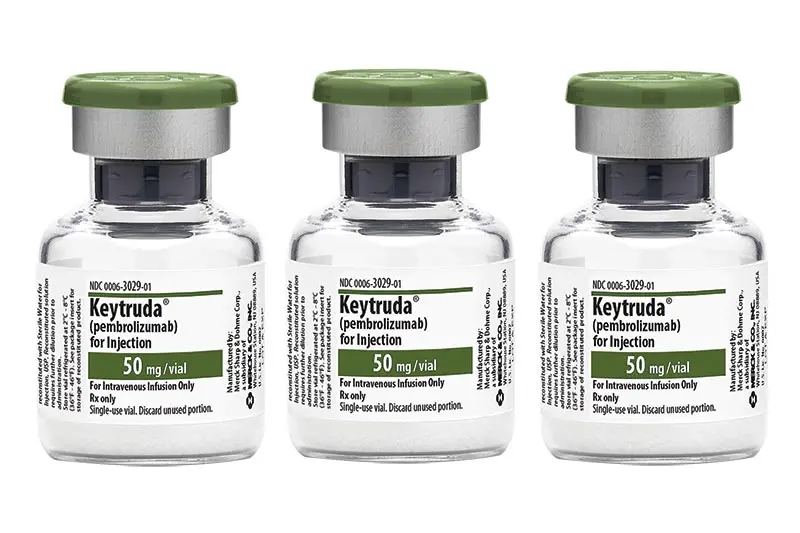

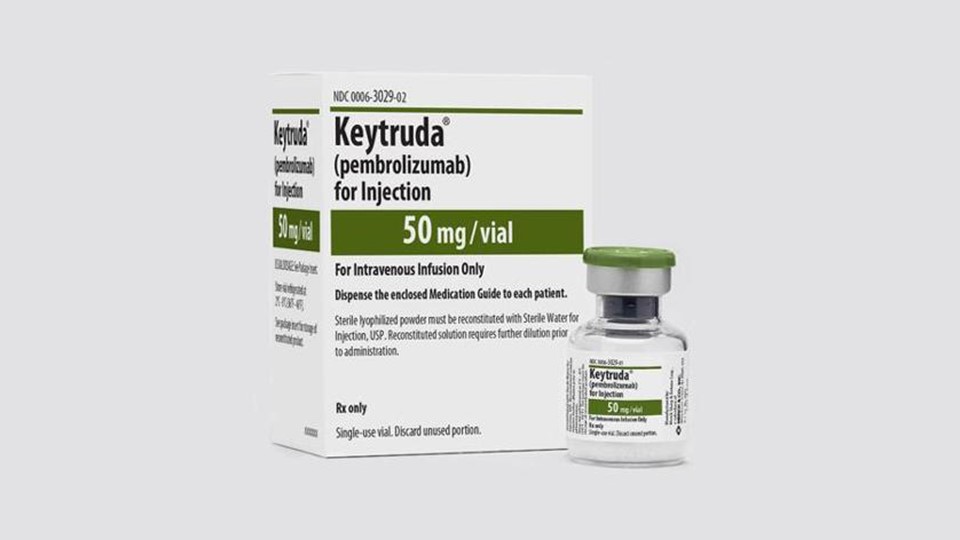




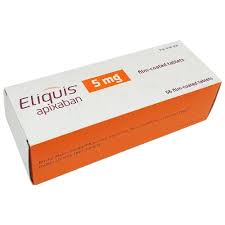
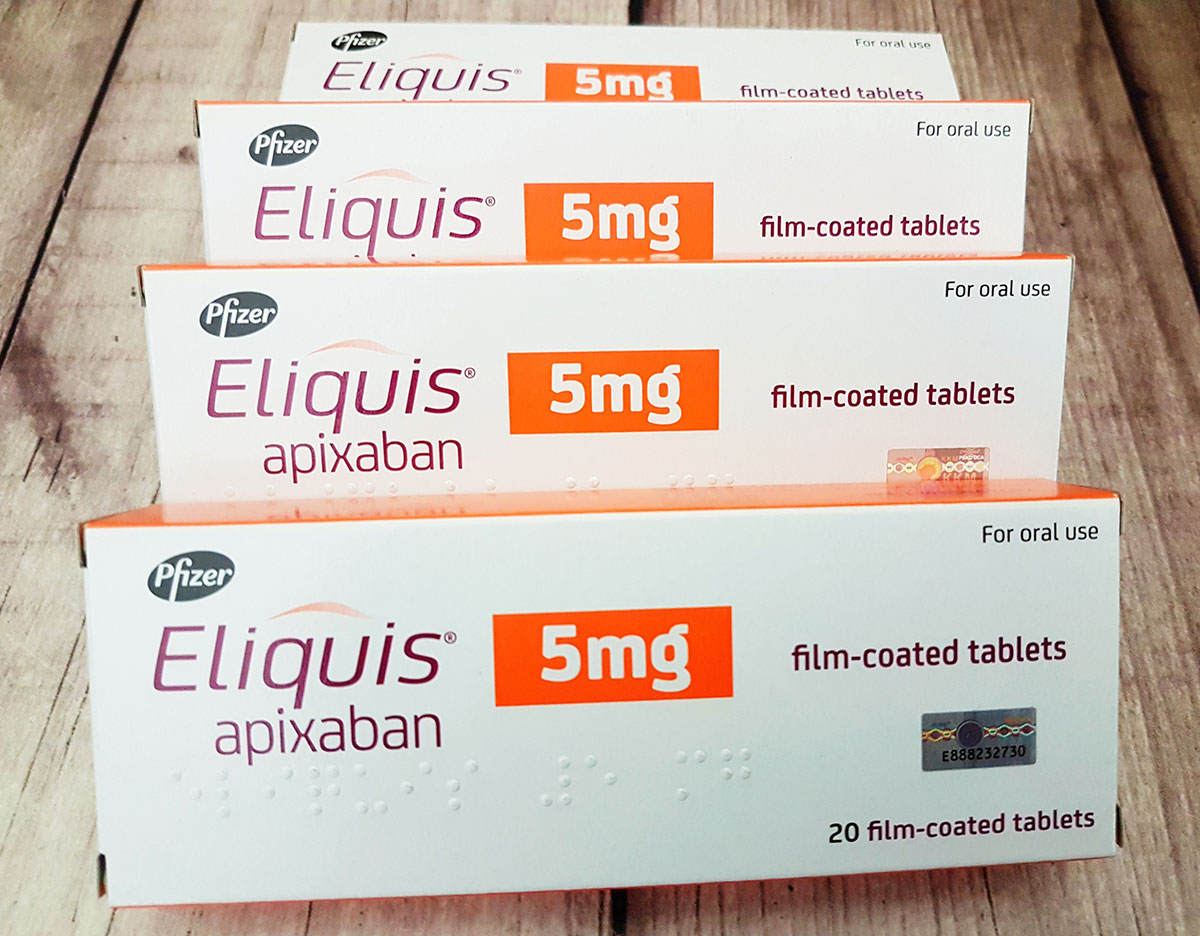


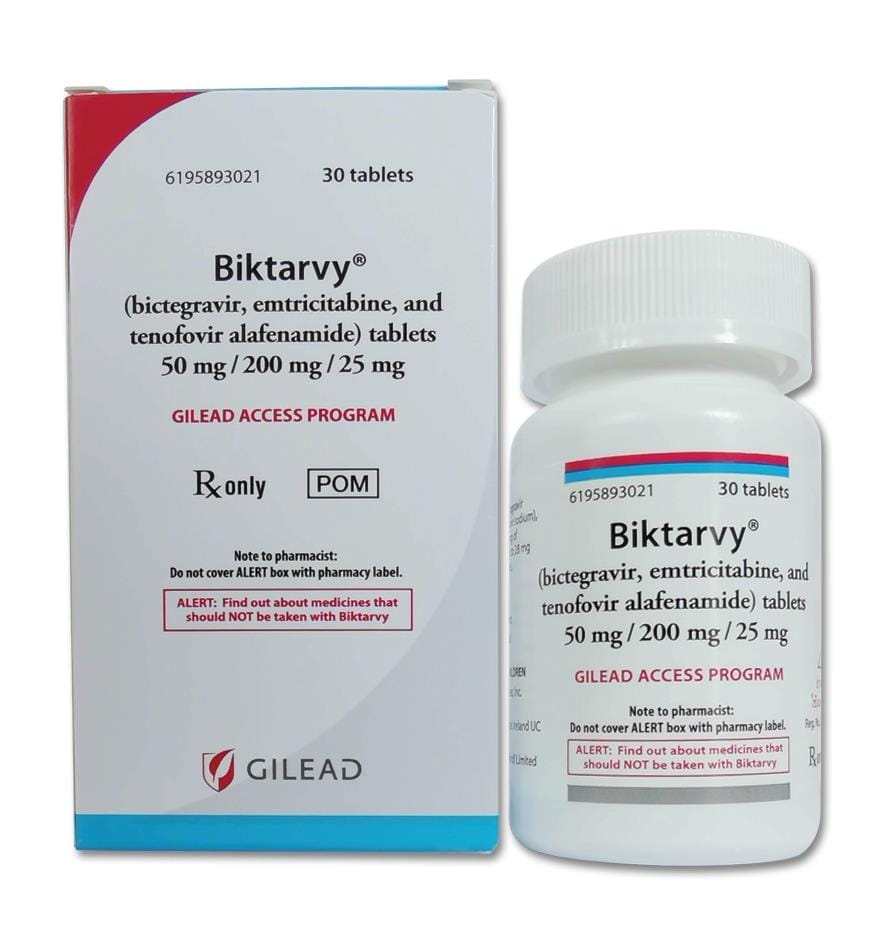




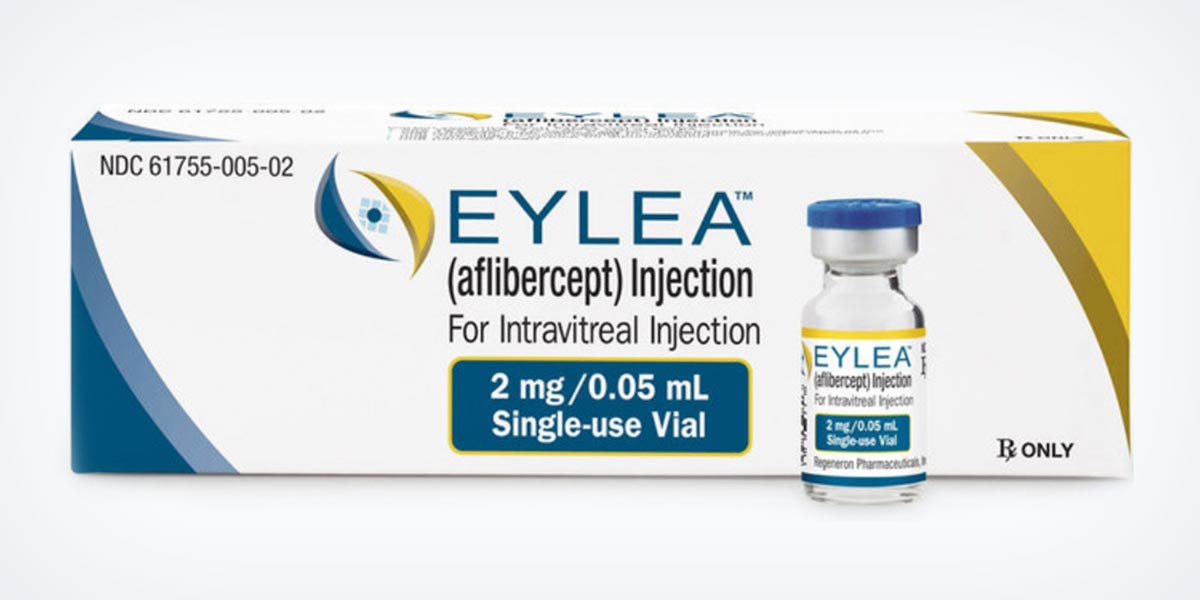
Reviews
There are no reviews yet.